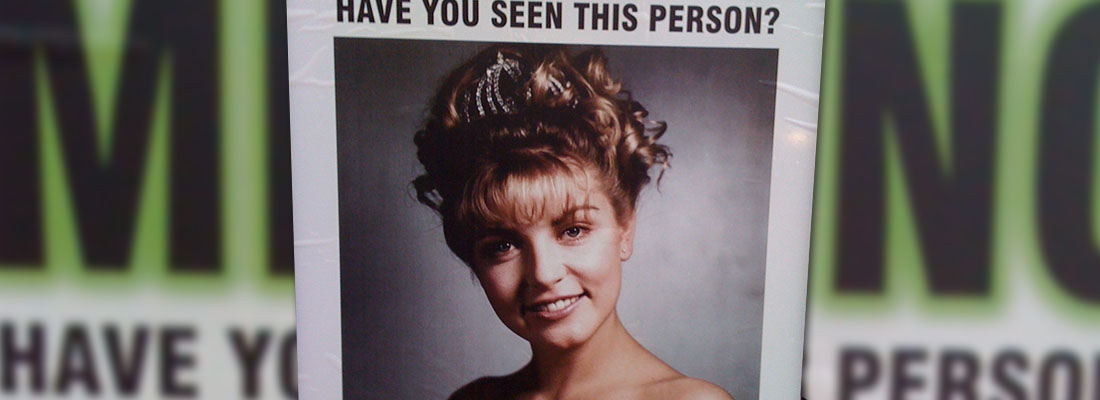The similarities between beloved shows Pretty Little Liars and Twin Peaks is well documented. The shows have very similar premises: the death of a pretty, young blonde rocks a small town, and secrets come pouring out. Even outside of the in-world plot, the shows are both highly regarded within their respective genres.
Unsurprisingly, despite the shows’ many similarities and the fact that PLL was more highly regarded by its network (despite its cult following, Twin Peaks was canceled after its second season), many would argue that Twin Peaks is a superior show. Obviously, this is a subjective judgement, but its a claim many would feel has at least a nugget of correctness. After all, Twin Peaks is a small screen force of nature while Pretty Little Liars is merely a teenage fad.
Mostly, what Pretty Little Liars has working against it is its genre. I would (and have) argue that the show is made by some pretty talented people. Still, high school drama is often dismissed as juvenile and ridiculous. Yet, many of these storylines and magical elements are present in shows like Twin Peaks. In the case of Liars, it’s not plagiarism, but rather artistic reference. Liars is filled with references: some to media commonly known to teenage girls and the rest of the show’s target audience (e.g. Breakfast at Tiffany’s) and some less known (in this case, Twin Peaks).
Why are so many viewers only interested in Laura Palmer’s story when it’s told by Agent Cooper? Not being interested in Pretty Little Liars does not equate to sexism, but the dismissals of entire genres enjoyed mostly by women is cause for pause. While shows ripe with tropes like Stranger Things are highly acclaimed by just about everyone, Liars is accused of being vapid, confusing, and unoriginal. Similarly, while many viewers cannot commit to suspending disbelief that the characters will continue to take ridiculous actions in Liars, they seem to be willing to accept similar decisions in shows like Breaking Bad. To be fair, Stranger Things and Breaking Bad have fewer bad British accents, but there is also a masculinity to these shows that Liars lacks.
No individual viewer is required to like any particular genre or story. It is the trends in the overall conversation about the value of one show versus another that should be examined. I have heard many Liars fans clarify their love for the show with “but I know it’s trash.” Yet, within its genre, it’s one of the defining series. Can we as viewers dismiss entire genres as trash TV? Is this part of the conversation about the merits of high brow versus low brow art, or is it the feminine lens of the show that causes this repulsion?
In any case, success is a relative term when discussing these shows. Sure, the ending of Liars was largely panned, but, unlike Twin Peaks, the show made it to the end without interruption. This can be seen as Liars improving on its spiritual predecessor, but the decades between the shows and the differences in audience make this element hard to compare.
Regardless, in the end, the timeless story about the aftermath of the death of young blonde women will make for good television.

